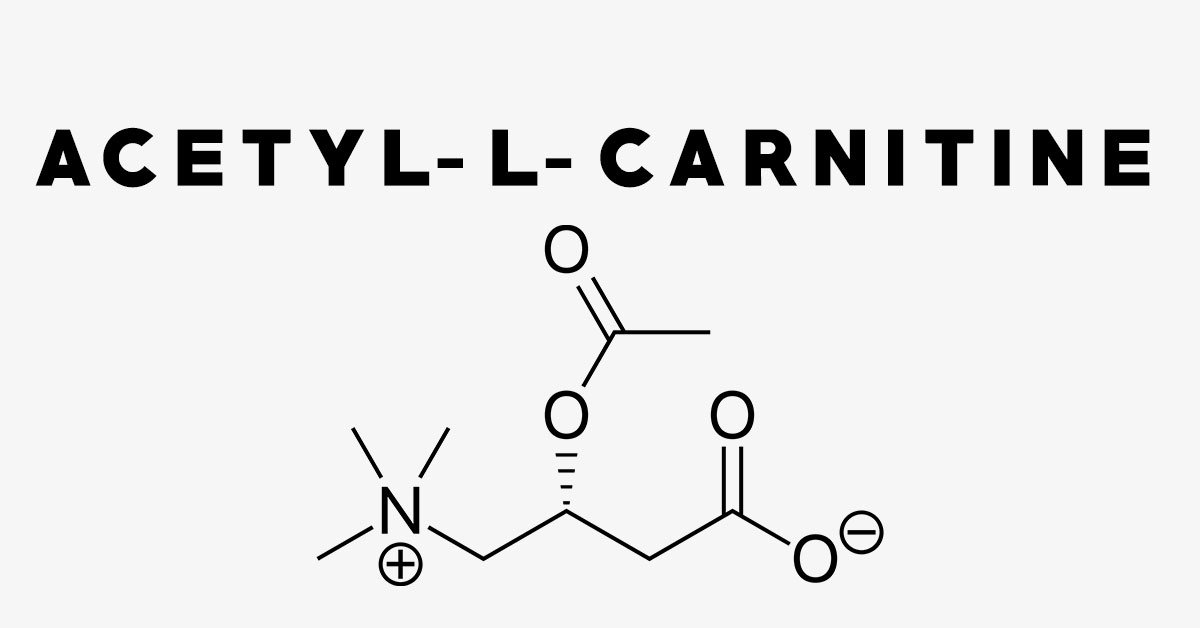Bacopa monnieri extract is a herb commonly used in Ayurvedic medicine, and its extract has gained popularity as a natural nootropic supplement. It is known for its potential cognitive and memory enhancing effects, as well as its ability to reduce anxiety and stress.

Benefits of Bacopa Monnieri Extract:
- Cognitive function: Bacopa monnieri extract may improve cognitive function, including memory, attention, and learning. It may also help to prevent cognitive decline, especially in older adults.
- Anxiety and stress: Bacopa monnieri extract may help to reduce symptoms of anxiety and stress by regulating levels of neurotransmitters in the brain.
- Antioxidant: Bacopa monnieri extract is rich in antioxidants, which can help to protect the body against oxidative stress and damage.
- Anti-inflammatory: Bacopa monnieri extract has anti-inflammatory properties, which may help to reduce inflammation in the body and prevent chronic diseases.
Risks of Bacopa Monnieri Extract:
- Interactions with medications: Bacopa monnieri extract may interact with certain medications, including thyroid hormone medications, antidepressants, and antihistamines. It is important to consult a healthcare provider before taking bacopa monnieri extract if you are taking other medications.
- Digestive issues: Bacopa monnieri extract may cause digestive issues such as nausea, stomach pain, and diarrhea in some people.
- Headache: Bacopa monnieri extract may cause headaches in some people, especially when taken in high doses.
- Low blood pressure: Bacopa monnieri extract may lower blood pressure in some people, which can be dangerous for those with low blood pressure or those taking blood pressure medications.
Dosage of Bacopa Monnieri Extract:
The optimal dosage of bacopa monnieri extract is not well established, and different sources recommend different dosages. As such, it is important to consult a healthcare provider before taking bacopa monnieri extract, especially if you are taking other medications or have underlying health conditions.
Conclusion:
Bacopa monnieri extract is a natural supplement that has potential cognitive and memory enhancing effects, as well as the ability to reduce anxiety and stress. It is rich in antioxidants and has anti-inflammatory properties, which can help to protect the body against oxidative stress and damage, and prevent chronic diseases. However, its safety and effectiveness have not been evaluated by the FDA, and it may interact with certain medications or be contraindicated for people with certain health conditions. As such, it is important to consult a healthcare provider before taking bacopa monnieri extract, and to prioritize a healthy lifestyle with a balanced diet and regular exercise for overall health and wellness.


